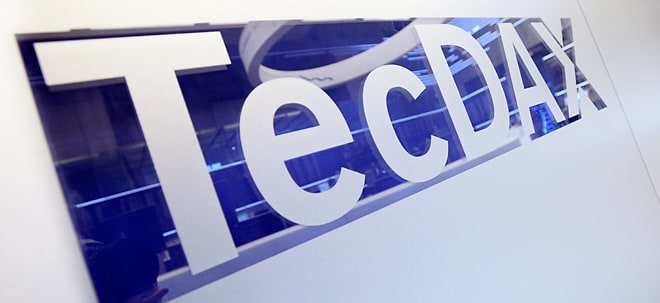..resources and perspectives of nuclear energy:
HyWeb, 2006-12-14: A fresh look on uranium resources and perspectives of nuclear energy in tomorrow\'s energy sector has been published by the Energy Watch Group in November 2006. Responsible authors of this report are Dr. Werner Zittel and Jörg Schindler of Munich based strategy and technology consultant Ludwig-Bölkow-Systemtechnik GmbH.
Uranium resources
Based on analyses of data on uranium resources, the authors come to the conclusion that proved reserves – i.e. reserves reasonably assured below 40 $/kgU extraction cost – and stocks will be exhausted within the next 30 years at current annual demand. Likewise, possible resources – which contain all estimated discovered (reasonably assured and inferred) resources with extraction costs of up to 130 $/kgU – will be exhausted within 70 years.
Only if estimates of undiscovered resources from the Nuclear Energy Agency are included, the possible reserves would double or at best quadruple.
The ore grade is significantly determining extraction costs. At present only one country (Canada) is left having uranium deposits containing uranium with an ore grade of more than 1%, most of the remaining reserves in other countries have ore grades below 0.1% and two thirds of reserves have ore grades below 0.06%.
Further results of the study:
- EU-25 uranium resources are essentially exhausted at about 2% of global resources (below 3% for EU-27).
- European uranium mining is below 3% of consumption in EU-25/EU-27 nuclear reactors – Europe is more than 97% import dependent.
- Uranium resources are essentially located in nine countries world-wide representing more than 90% of global resources (in descending order of resource size): Australia, Kazaksthan, Canada, South Africa, USA, Namibia, Brazil, Niger, Russia.
- Global uranium mining is below consumption since 1990, and will remain so at least until 2020 for lack of mining capacities; at present, uranium mining is below 65% of global consumption.
Global uranium stocks are shrinking rapidly covering the supply gap since 1990; the cumulative supply gap for supplying the existing nuclear reactors between today and 2020 is estimated at 180,000 - 260,000 tons (corresponding to 2.7 - 3.9 times global annual consumption); the continuing uranium price explosion of the last two years is market evidence of this.
- The expansion of uranium mining has received a significant setback recently in a major accident in the world-wide largest new mining project “Cigar Lake” in Canada.
Nuclear energy
About 45% of all reactors world wide are older than 25 years, 90% are now operating for more than 15 years. When these reactors reach the end of their lifetime by 2030 they must be substituted by new ones before net capacity can be increased. Just to maintain the present reactor capacity will require the completion of 15-20 new reactors per year. A development of this magnitude cannot be observed currently. Thus, in the short term until about 2015, the long lead times of new and the decommissioning of aging reactors form barriers for fast extension, and after about 2020 severe uranium supply shortages become likely which, again will limit the extension of nuclear energy.
Notably, according to the WEO 2006 report nuclear energy is considered to be the least efficient measure in combating greenhouse warming. In the “Alternative Policy Scenario” the projected reduction of GHG emissions by about 6 billion t of carbon dioxide is primarily due to improved energy efficiency (contributing 65% of the reduction), 13% are due to fuel switching, 12% are contributed by enhanced use of renewable energies and only 10% are attributed to an enhanced use of nuclear energy.
About the Energy Watch Group
The Energy Watch Group (EWG) was found in 2006 and consists of independent scientists and experts who investigate sustainable concepts for global energy supply. Members are Dr. Harry Lehmann (World Council for Renewable Energy), Stefan Peter (Institute for Sustainable Solutions and Innovations), Jörg Schindler (Managing director of Ludwig-Bölkow-Systemtechnik GmbH) and Dr. Werner Zittel (Ludwig-Bölkow-Systemtechnik GmbH).
http://www.hyweb.de/Wissen/docs2006/EWG-paper_1-06_Uranium-R…
|


 Thread abonnieren
Thread abonnieren


